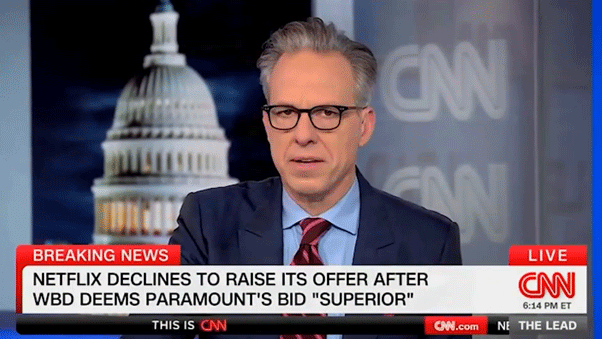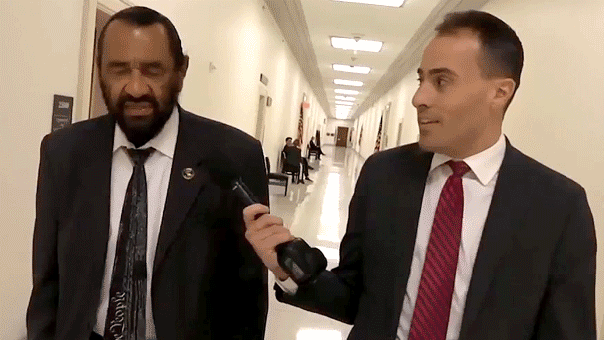Jason Whitlock: Elites using race as distraction to tear down America
Journalist tells 'Tucker Carlson Tonight' how American freedoms are being obliterated under the guise of installing equality
An op-ed published by The Washington Post last week has raised eyebrows over its explanation of why President Trump gained among minority voters despite his 2020 election defeat.
"To understand Trump’s support, we must think in terms of multiracial Whiteness," was the headline of the piece by New York University associate professor Cristina Beltrán, who pointed out that despite Trump's appeal to "white [sic] nationalists," she noticed quite a few "Latino or African American" faces among the FBI wanted posters of Capitol Hill rioters.
"Yes, Trump’s voters — and his mob — are disproportionately White, but one of the more unsettling exit-poll data points of the 2020 election was that a quarter to a third of Latino voters voted to reelect Trump," Beltrán wrote. "And while the vast majority of Latinos and an overwhelming majority of African American voters supported the Biden-Harris ticket and were crucial to its success, many Black and brown voters have family and friends who fervently backed the MAGA policy agenda, including its delusions and conspiracy theories."
Beltrán then asked, "what are we to make of unmistakably White mob violence that also includes non-White participants?" She answered her own question by introducing the "phenomenon" of "multiracial whiteness [sic] — the promise that they, too, can lay claim to the politics of aggression, exclusion and domination."
"Multiracial whiteness [sic] reflects an understanding of whiteness [sic] as a political color and not simply a racial identity — a discriminatory worldview in which feelings of freedom and belonging are produced through the persecution and dehumanization of others," Beltrán attempted to explain. "For voters who see the very act of acknowledging one’s racial identity as itself racist, the politics of multiracial whiteness [sic] reinforces their desired approach to colorblind individualism. In the politics of multiracial whiteness, anyone can join the MAGA movement and engage in the wild freedom of unbridled rage and conspiracy theories."
The Post op-ed was widely panned on social media.
"Fascinating attempt to reconcile the fact that so many non-whites [sic] voted for Trump (more than 2016), and that some of the key participants in the Capitol riot and related groups are non-white [sic]: 'Multiracial whiteness' [sic]: they're white [sic] even when they're not," journalist Glenn Greenwald wrote.
"The point of this racist WaPo piece attacking black [sic] Trump supporters is basically: We the media created a 'white [sic] nationalism' narrative about the Capitol Hill riot and now we need backfill & erase these minorities' existence," Grabien Media founder and news editor Tom Elliott reacted.
"To understand Trump's support, we must think in terms of hot coldness," Ben Shapiro quipped.
"The is the natural endpoint of 'Everything I don't like is Whiteness.' It's a seriously shallow mode of analysis that robs minority groups of their agency," New York Magazine contributing writer Jesse Singal said.
CLICK HERE FOR THE FOX NEWS APP
"If you find yourself reaching for arguments about 'multiracial whiteness' [sic] to explain why there are non-white [sic] people who think and act differently than you’d expect them to, you should at least *consider* the possibility that race can’t explain everything," Harper's Magazine columnist Thomas Chatterton Williams wrote.
"If this is what we’re going to say 'whiteness' [sic] means now we’re going to need a new word for it," Business Insider columnist Josh Barro concluded.










































